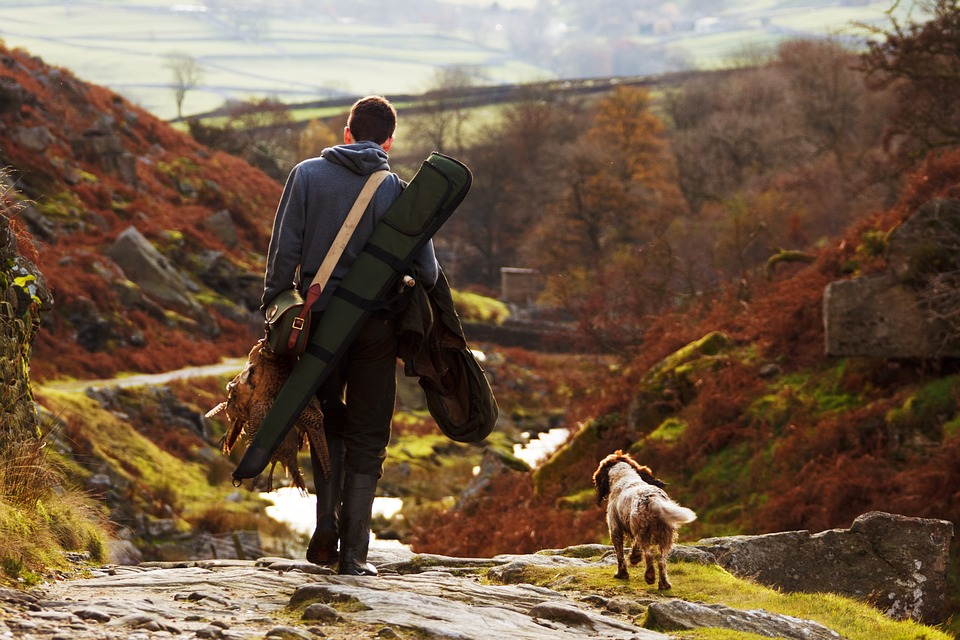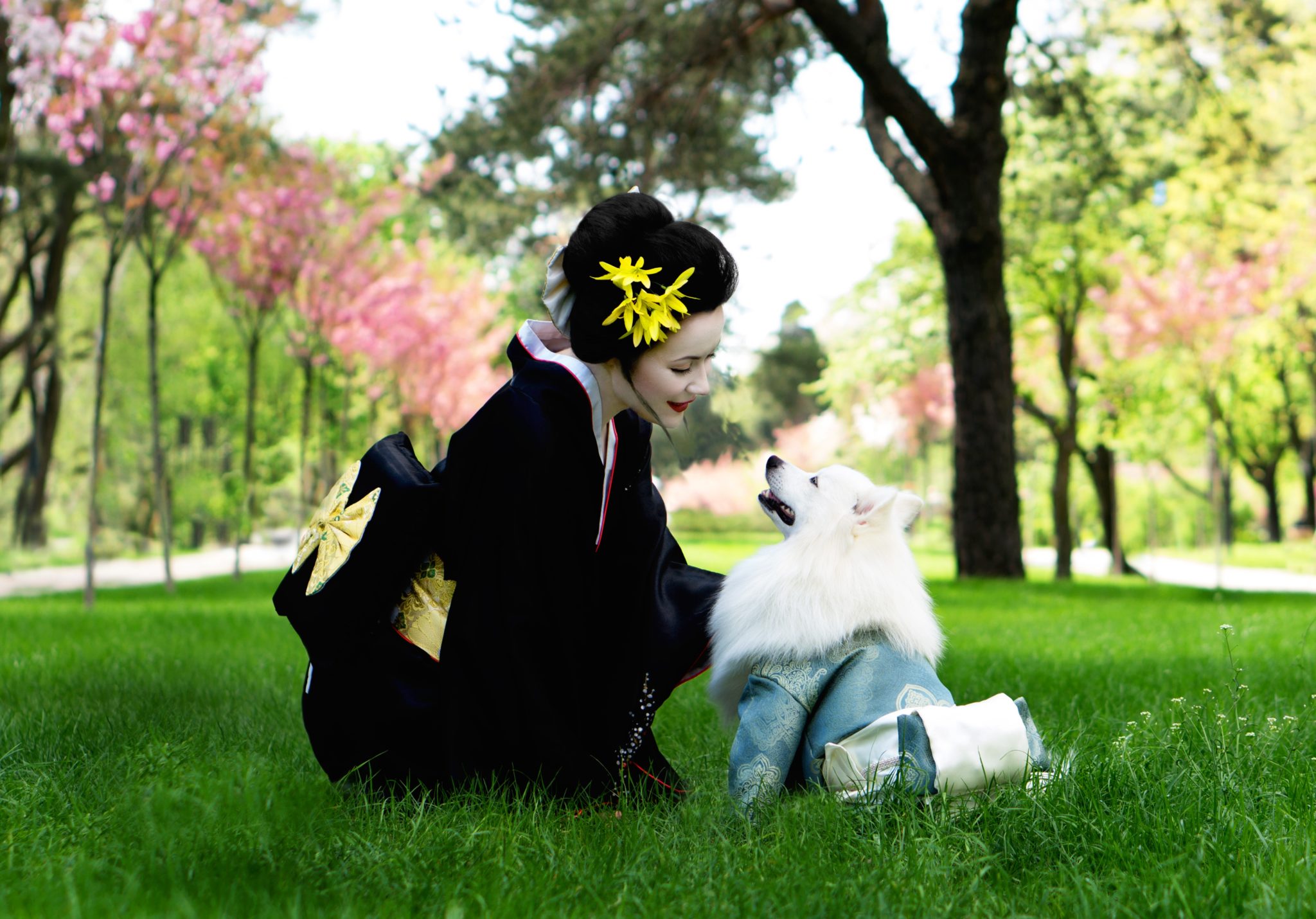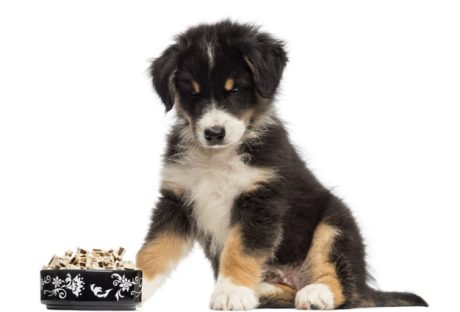Every year, there are more than 6 million animals all across the country that end up in animal shelters.
Most of these shelters are staffed by volunteers who rely on the donations of others to keep the shelters up and running. Without these animal shelter donations, the volunteers wouldn’t be able to do their jobs and care for the animals that come through their front doors.
Do you want to donate items that could potentially make a huge difference and allow shelters to give animals the TLC they need?
If so, animal shelters have a long list of items they need on a regular basis.
Here are 8 animal shelter donations you should consider dropping off at the shelter in your area.
1. Pet Food :
This might be one of the more obvious animal shelter donations. But it’s still worth mentioning because shelters simply can’t have enough extra food hanging around.
There are new dogs and cats coming into the average shelter every day. And from the moment they arrive, they have to be fed regularly so that they get the right nutrition.
If you have extra dog food lying around in your home and it hasn’t expired yet, you should consider calling your local animal shelter to see if they have a need for it.
Just make sure the food hasn’t been opened. Shelters won’t be able to use opened bags or cans of food.
2. Dog Beds :
In addition to providing dogs and cats with food upon their arrival, they also need to provide them with a place to sleep.
Many dogs and cats that are turned into animal shelters haven’t gotten a good night’s rest in quite some time.
Therefore, you should consider making animal shelter donations that include dog beds and beds for cats. They will really come in handy when dogs and cats are set up at animal shelters for days, weeks, or months at a time.
3. Litter :
Kitty litter is one of the other items that animal shelters are always on the lookout for. From the moment cats step foot inside of a shelter, they need to have access to clean litter to handle their business.
If possible, you should make sure your animal shelter donations include clumping litter that will be easy for shelter volunteers to clean up. You should also consider adding a litter box to the mix if your shelter needs one.
It’s a good idea to get in touch with a shelter ahead of time to see if they have a specific litter they prefer to use. Animal shelters will be ecstatic if you’re able to provide them with fresh litter for their feline friends.
4. Blankets and Towels :
Blankets and towels are a necessity whenever you’re caring for animals at a shelter.
They can be used for cleaning up messes or setting up a quiet space for the animals to rest.
Either way, shelter volunteers will definitely find good uses for your blankets and towels.
They don’t have to be new, either! In fact, you’re better off donating older blankets and towels to animal shelters that you don’t need anymore.
These items often don’t have much value when you donate them elsewhere. But at an animal shelter, they’ll come in handy in a variety of different ways.
5. Zip-Lock Bags :
One of the keys to running a successful animal shelter is keeping everything organized. From food to treats to toys, you want to keep items where they belong.
Zip-lock bags will help your local shelter do just that. So if you have a bunch of Zip-lock bags sitting in your house right now, you should donate them to a shelter.
Shelter volunteers will be able to keep everything straight when they have places to put the things they use on a regular basis.
6. Pill Pockets :
The Humane Society and other organizations insist on shelter animals receiving the best medical care possible at shelters.
Often times, this means that dogs and cats have to take medications during their shelter stays.
The problem, of course, is that many of them won’t willingly take these medications.
Pill pockets make it possible for shelter volunteers to give dogs and cats their medications without a problem. One box of pill pockets can last for a long time and make it easier than ever for animals to get the medications they need.
7. Kongs :
As you can probably imagine, dogs that are placed in animal shelters can get very bored over time. They can, as a result, get themselves into trouble by chewing on things they shouldn’t.
Kongs are a great solution to this problem. Shelter volunteers can place treats into Kongs and provide dogs with hours and hours of fun.
Shelters are always looking for large Kongs since they usually have a lot of larger dogs in their care. When you donate even just one Kong, you’ll provide a dog with the entertainment it needs in a shelter.
8. Cleaning Supplies :
Keeping an animal shelter clean is of the utmost importance. Shelters usually fly through cleaning supplies on a daily basis.
You can make things easier on them by donating:
- Disinfectant wipes
- Bleach
- Powdered laundry detergent
- Dish soap
- Paper towels
- And more
If you’re not sure about which cleaning supplies would be best for your local animal shelter, give them a call and ask. They would probably be more than happy to let you know which supplies they use most often.
You can help keep your local shelter a lot cleaner by setting them up with the supplies they need.
Make Your Animal Shelter Donations Today :
When you make animal shelter donations, you’ll be helping both the animals in the shelters as well as the volunteers who give up their time to work in them.
You’ll feel great about yourself and know that you did what you could to help the animals even if you couldn’t adopt them.
Animal shelters rely on people like you to allow them to assist as many animals as possible.
Check out our blog for other lifestyle tips that will help you become a better person.






















